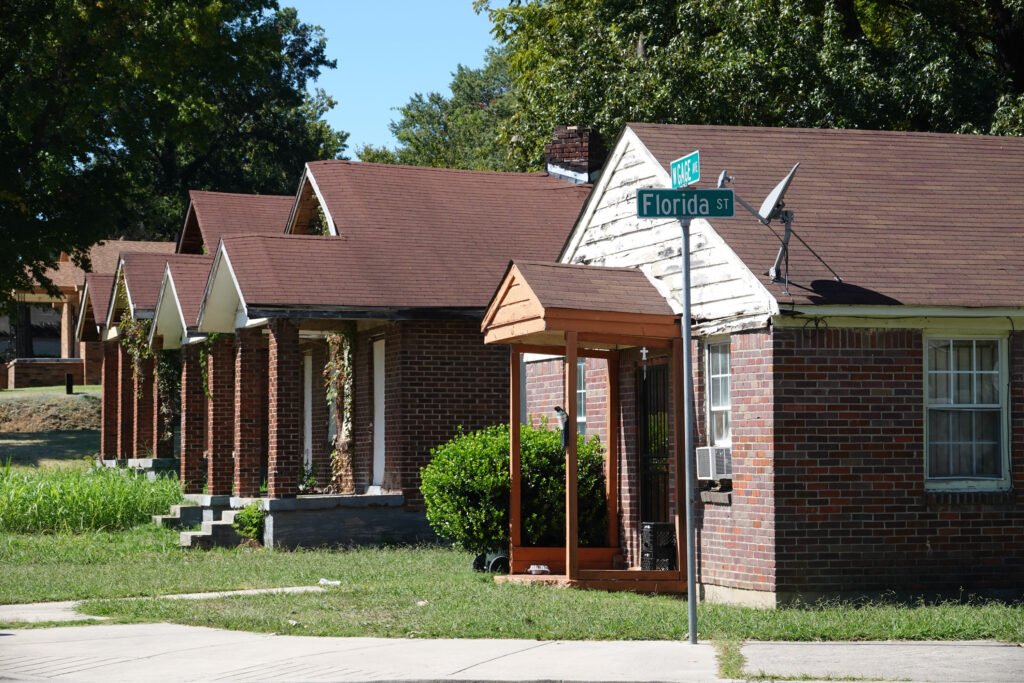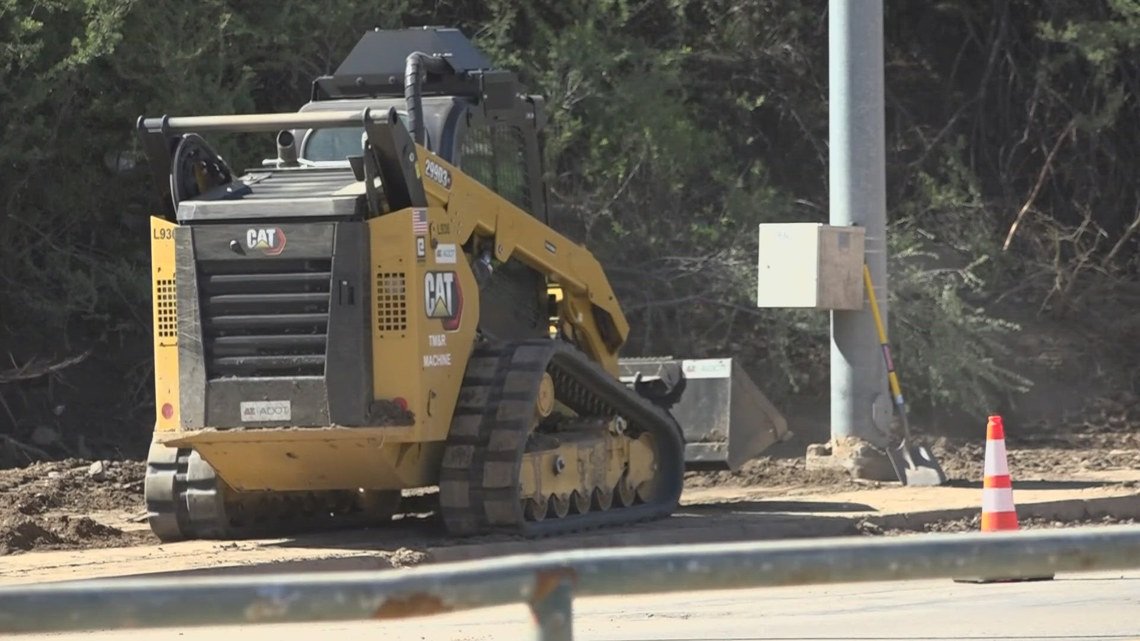Change in Memphis: A Community’s Struggle
The Memphis neighborhood, particularly its black community, is undergoing rapid transformation. It’s more than just change; it reflects a historical pattern—one that echoes past injustices, still very much alive in certain ways.
Seeing a neighborhood evolving as people come and go is one thing. However, when changes are driven by bulldozers and backroom deals, well, that’s an entirely different story.
This feels like a unique form of gentrification. Not simply pushing out poor, black residents with soaring rents, but rather a gradual erosion of their quality of life. Sure, you might still have your address, but can you breathe clean air? Are your streets safe? Can your voice be heard?
Then there’s Elon Musk’s development in Memphis. It’s supposed to symbolize innovation, but what it really brings is contamination. The machines hum in neighborhoods like Boxtown, releasing emissions in places that are already battling pollution.
Naturally, such projects wouldn’t be broached in wealthier or predominantly white parts of Shelby County. You won’t see a turbine or a detention center in Germantown or Collierville. The very idea would have people laughing. But in underprivileged, black neighborhoods? Suddenly, it morphs into “economic development” or “public safety.”
In areas like Westwood and Whitehaven, Musk’s initiative is cloaked under terms like “Innovation” and “Job Creation.” However, it’s evident that what’s at stake is major pollution rather than progress. The humming turbines in Boxtown serve as reminders of that reality.
And when it comes to community benefits? A “25% Community Benefits Agreement” sounds grand but feels grossly inadequate in addressing the deep-rooted needs of black Memphians. Without transparency and real commitment, such agreements risk becoming mere PR tactics rather than instruments for actual change.
The push for a new prison in Northern Memphis highlights this blatant disregard. This area is steeped in a legacy of black labor and investment, yet the message remains: opportunities for fundraising take precedence over essential services. They’d rather erect a prison than a grocery store or school.
And in Mason, Tennessee, the situation is similarly bleak.
All this occurs as the Trump administration presses the Supreme Court to sanction racial profiling during immigration raids. It’s not merely a warning; it’s a glaring signal of a wider targeting of black individuals that echoes historical injustices.
To sum it up, these developments aren’t isolated incidents. They’re part of a broader pattern of “policy gentrification”—reshaping our community to favor containment and policing over health, housing, and dignity. In Memphis, marginalization manifests in various forms, from pollution to detention centers.
This speaks volumes about how development is decided by those who won’t live with the consequences. If you’re not the one breathing in that thick air or worrying about criminalization, it’s easy to overlook these realities.
So, what can be done? We need to stop pretending that mere announcements of accountability make a difference. Ribbon-cutting ceremonies shouldn’t be hollow gestures. We can’t accept “Nothing changes” as an acceptable stance.
If a project doesn’t meet basic criteria—like improving health, safety, and overall well-being for existing residents—it shouldn’t receive any support or funding.
In biblical terms, we’re like the watchmen on the wall, tasked to alert the community of incoming dangers. I’m sounding that alarm now—because as the environment deteriorates and the population finds itself entrapped, we all need to pay attention.







